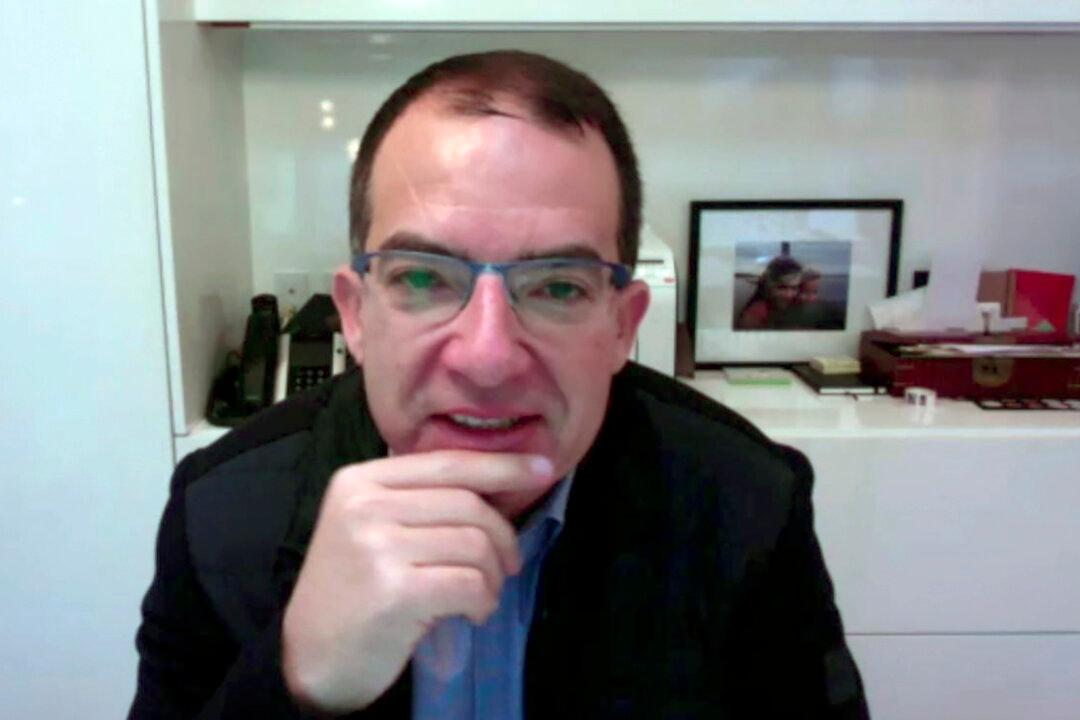Moderna chief executive officer Stephane Bancel has said he feels it’s “a reasonable scenario” to assume that the last stages of the COVID-19 pandemic are in sight.
In an interview with CNBC’s “Squawk Box Asia“ on Wednesday, the CEO of the American pharmaceutical and biotechnology company reiterated comments made by other health professionals, including World Health Organization (WHO) Regional Director of Europe, Hans Kluge, who has suggested Europe could be heading for a quiet COVID-19 period.




